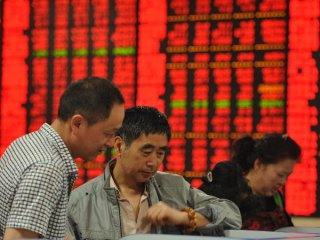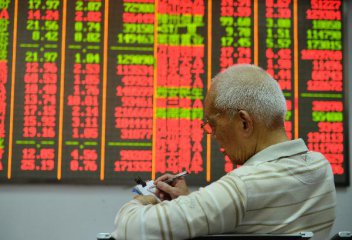
China's securities regulator may be as stringent in 2019 as in the previous year in its review of initial public offering (IPO) applications, said a report of China Securities Journal on Wednesday.
In 2018, China's securities regulator, the China Securities Regulatory Commission (CSRC), greenlighted the IPO requests of 111 domestic companies, or 64.53 percent of all IPO applicants. This ratio, the lowest level in five years, contrasted sharply with an average of 86.34 percent for the period from 2014 to 2017.
IPO vetting in China began to tighten in January 2018, closely followed by two initiatives launched by the CSRC to shake up the A-share market's listing system, according to Wang Bo, head of the research arm of Central China Securities Co., Ltd.
These two initiatives involved a wave of large-scale on-site reviews of firms aiming to go public as well as faster reviews of IPO applications from companies that operated in the high-tech sectors and emerging sectors with strategic importance.
In 2018, the CSRC directed more attention to external risks in a company's business operations, as exemplified in its heightened focus on horizontal competition and dependence on a single customer, in addition to other factors, said Wang.
As stricter listing reviews suppressed the IPO approval rate in 2018, high-tech and new economy companies enjoyed higher chances of passing the checks, said Bian Yongzu, a research fellow of the Chongyang Institute for Financial Studies, Renmin University of China.
In 2019, the approval rate for companies aiming to get listed at the main board of the A-share market may remain the same as in 2018 and the number of those to fulfill this aim may decrease, said Bian.
On the other hand, the upcoming Sci-Tech Innovation Board will feature faster reviews than the main board thanks to the registration-based listing system to be piloted, he said.






















Latest comments